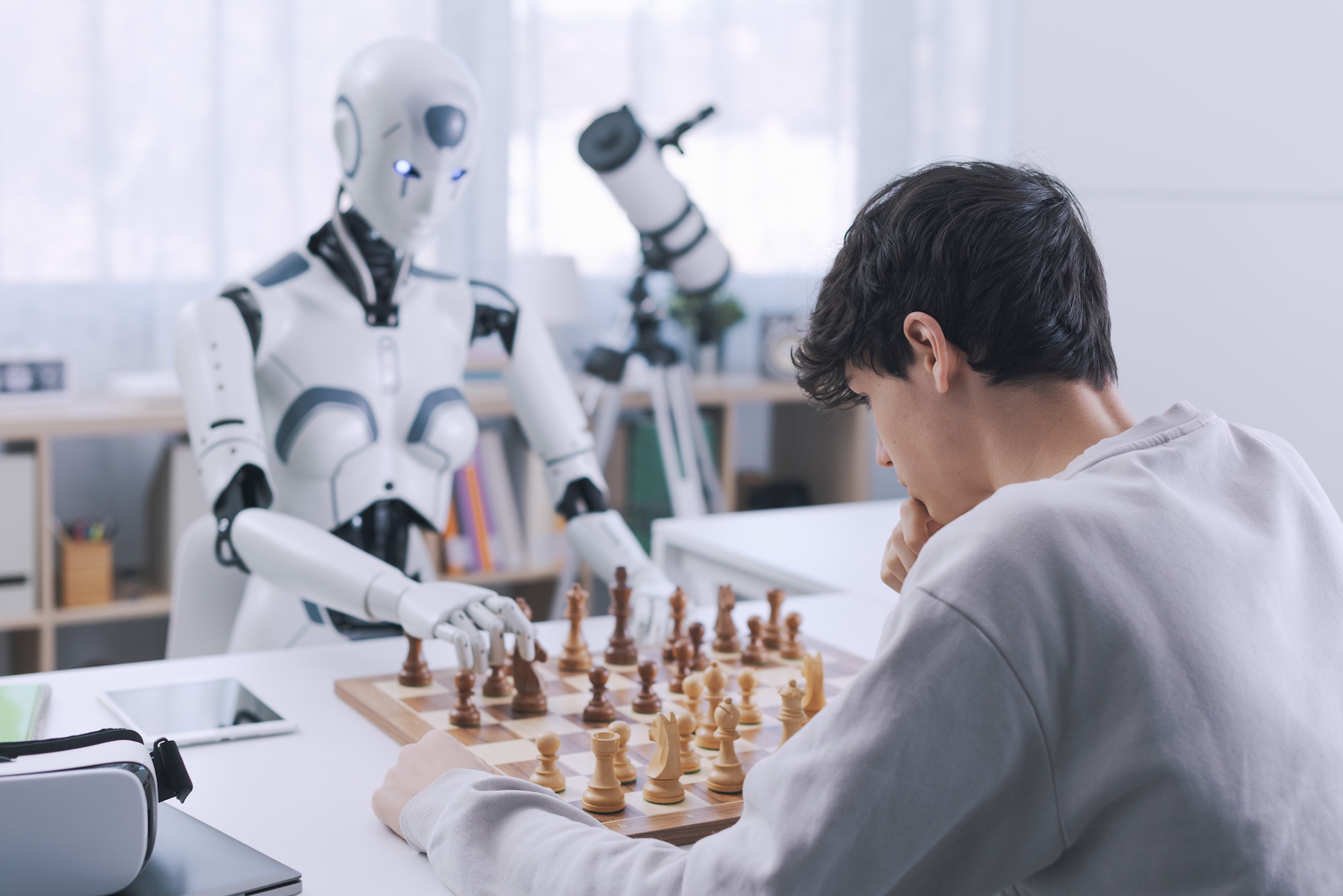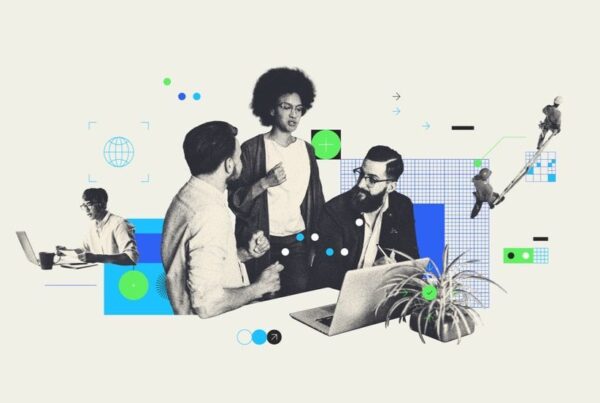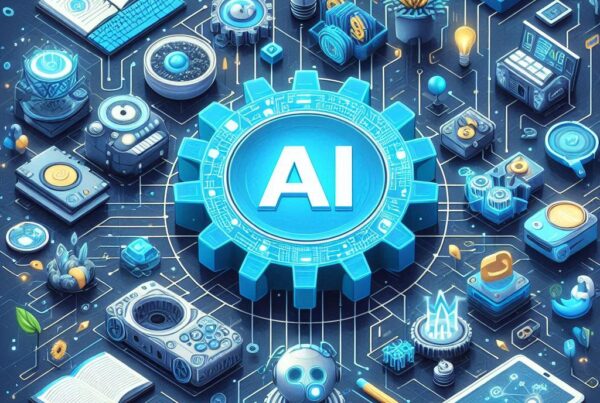Artificial intelligence has been a hot topic for quite some time now, and for good reason. AI technology is advancing at an unprecedented rate, and it is affecting nearly every industry. One area where AI is having a significant impact is in the job market. With the advent of advanced language models like ChatGPT and now Bard, many jobs that were once done by humans are now being automated.
But this is not necessarily a bad thing. As with any technological advancement, there are bound to be winners and losers. The key is to understand how AI is changing the job market and how we can adapt to this new reality.
One of the most significant ways that AI is disrupting jobs is through automation. As AI technology continues to improve, machines are becoming increasingly capable of performing tasks that were once thought to be the exclusive domain of humans. This includes everything from manufacturing and data analysis to customer service and even creative writing.
ChatGPT and Bard, for example, are advanced language models that are capable of generating human-like responses to text-based prompts. This means that they can be used to automate customer service chatbots, create content for websites and social media, and even write news articles.
While this may sound like bad news for humans, it is important to remember that AI is not replacing jobs so much as it is changing them. Yes, some jobs may be automated, but new jobs will also be created. The key is to identify these new opportunities and adapt to them.
One area where AI is creating new job opportunities is in the field of AI development itself. As companies increasingly rely on AI to automate tasks and improve efficiency, there is a growing demand for skilled AI developers and engineers.
Another area where AI is creating new job opportunities is in the realm of data analysis. As machines become better at collecting and processing vast amounts of data, there is a growing need for humans who can interpret this data and make informed decisions based on it.
In order to adapt to the changing job market, it is important to be proactive. This means being open to learning new skills and being willing to embrace change. It also means recognizing that the skills that are in demand today may not be the same skills that are in demand tomorrow.
One way to stay ahead of the curve is to focus on developing skills that are uniquely human. While machines may be able to perform certain tasks faster and more efficiently than humans, there are still some things that only humans can do. These include skills like creativity, empathy, and critical thinking.
Ultimately, the key to navigating the changing job market is to be adaptable. This means being willing to learn new things, being open to new opportunities, and being willing to take risks. While AI may be disrupting jobs today, it is also creating new opportunities for those who are willing to embrace change and take advantage of new technologies.
In conclusion, AI and advanced language models like ChatGPT and Bard are disrupting jobs and changing the job market. However, this is not necessarily a bad thing. By being adaptable and open to new opportunities, we can not only survive but thrive in this new reality. The key is to focus on developing uniquely human skills and to be proactive in our approach to learning and adapting to new technologies. With the right mindset and the right skills, we can build a future where humans and machines work together to create a better world.



